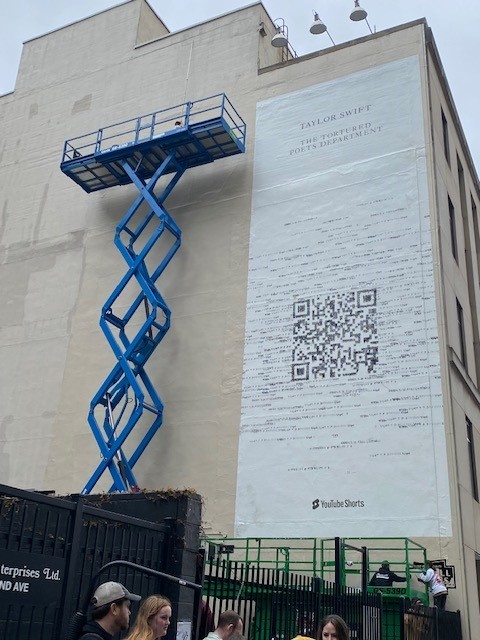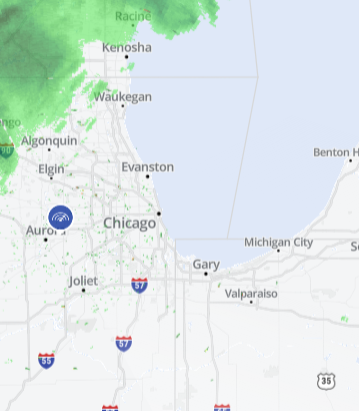A top Northern Illinois University official has taken a leave of absence days after an FBI search of the campus police station.
A Friday statement from NIU says that chief of operations and executive vice president of finance and facilities, Eddie Williams, is taking the measure "in light of" the raid.
NIU President John Peters says Williams will go "until resolution of the investigation to avoid any appearance of conflict or any question concerning the university's response."
The search of Northern Illinois University's campus police station this week focused on the troubled department's records going back to 2005, NIU's president said Friday in a statement. He also called the law enforcement scrutiny both frustrating and distressing.
Last month, a former NIU police officer was indicted on sexual assault charges and, days before, the longtime police chief was fired. In October, several NIU employees were indicted in an alleged scheme to use proceeds from off-the-books sales of university-owned scrap metal.
University President John Peters did not specify what investigators honed in on during their more than eight-hour search at the police headquarters on the 25,000-student campus in DeKalb, saying only that they removed "a large number of paper and electronic police department files dating back to January 2005."
"That these issues are causing the campus community distress is understandable," he said. "It is now clear that once the university comes through this trial, our university and, more specifically, our police department will be stronger, more transparent and more effective."
Local
The FBI itself shed little light on Wednesday's raid, saying search warrants were executed in "an ongoing criminal investigation" involving state police, the Department of Education and the Department of Housing and Urban Development.
"I remain frustrated by the length of time it takes to resolve these issues, not only on the investigative side, but also within the adjudicatory process," Peters said Friday.
The university fired police chief Donald Grady from his $200,000-a-year job on Feb. 19, accusing him of mishandling evidence in an investigation into allegations that the campus police officer had sexually assaulted a student in October 2011. Grady has denied that accusation.
Days later, a DeKalb County grand jury indicted the 25-year-old ex-officer, Andrew Rifkin, reinstating charges that were filed and then dropped last November as authorities criticized the handling of potential evidence. Rifkin has denied any wrongdoing.
Peters' statement, which was addressed to "members of the NIU community," did not mention Grady by name but alluded to "NIU law enforcement protocols and procedures" in recent years.
The tough-talking Grady was hailed as a hero during the Feb. 14, 2008, shooting on campus, sprinting from the police station into the nearby NIU classroom. Five students died, and the gunman, former NIU student Steven Kazmierczak, committed suicide.
But some accused Grady of being combative and uncooperative. In 2009, he was briefly put on paid leave after the campus newspaper's editor accused him of yelling at him during an interview. He was later cleared of wrongdoing and reinstated.
Grady's attorney, Michael Fox, has said Grady launched the investigation into the off-the-books repository and that that may have contributed to his dismissal. The investigation led to criminal charges against eight NIU employees and a former employee last year.
Grady has come under fire in some of his previous jobs, too. When he became Santa Fe, N.M., chief in 1994, he ordered officers to stop accepting free cups of coffee and banned bolo ties. Police responded with a 103-5 no-confidence vote. After digging in his heels for two years, Grady resigned, saying his reforms had encountered too much resistance.
Peters' Friday statement sought to end on a hopeful note.
"While this is a particularly uncertain time for our NIU community and one in which we must endure this external scrutiny, we will get through this and become an even better university," he said. "Trials bring strength, personal and institutional introspection and the opportunity for rebuilding."



